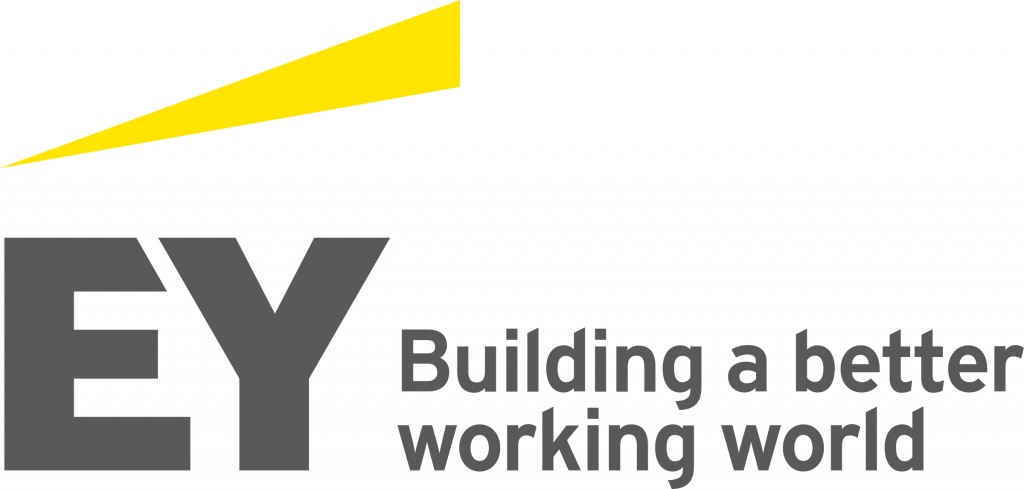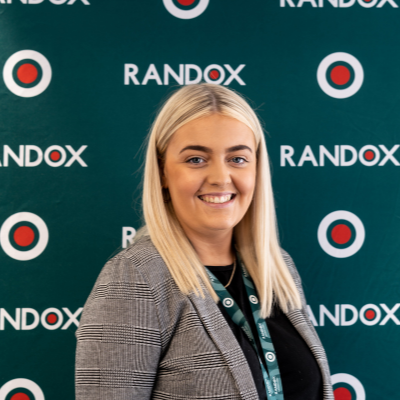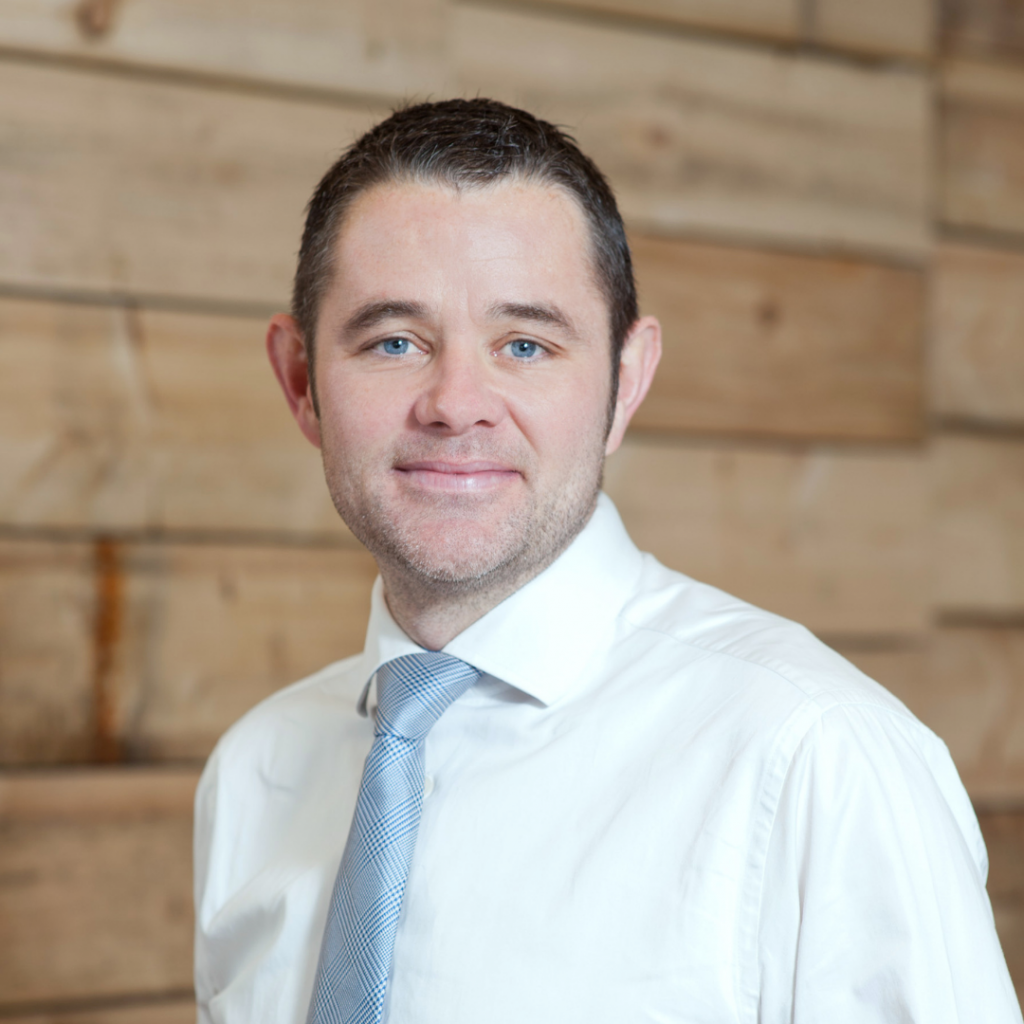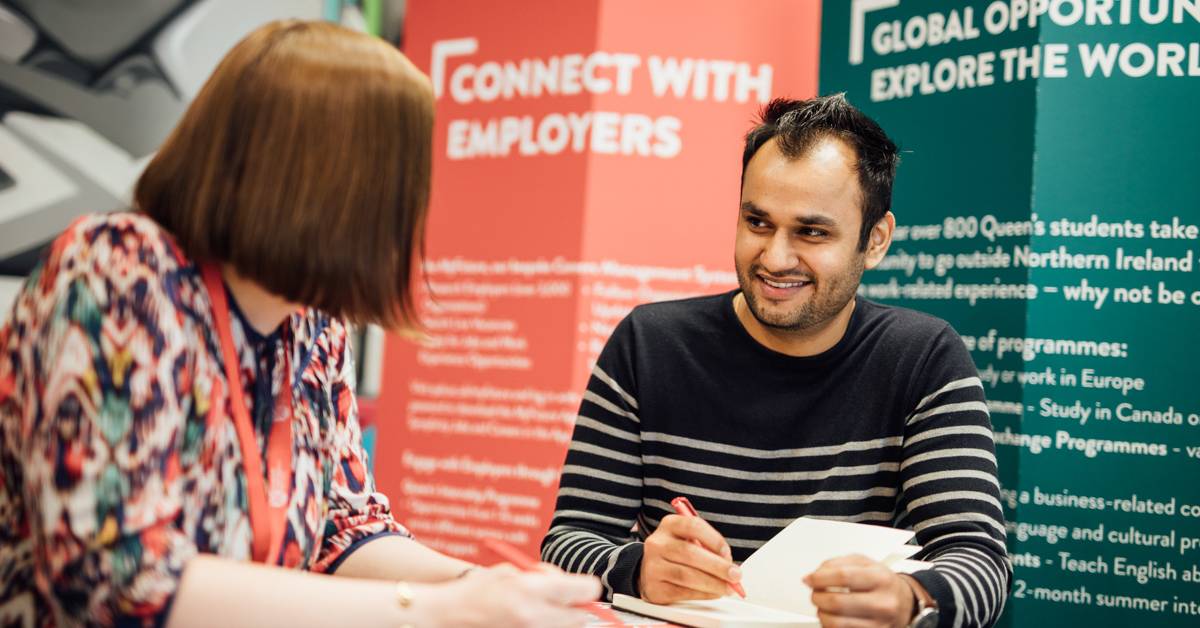Jack McKeown, a Senior associate in Assurance in EY, says confidence is key in his graduate tips.

What has been the most challenging part of your career?
Probably the transition from student life to working life. Time management would have been a big part. Your time is structured at uni, whereas now people aren’t driving you towards a certain goal, it’s all up to you. You have to take the attitude where you are the one who is going to decide whatever path you’re going to go down. Of course, you’ll get help, but you have to be the ultimate driver.
What advice would you give to students graduating who haven’t yet secured a job?
I would just say ‘be confident’ would be the main thing. Ask questions every day; you’ll never be done learning. No one’s ever finished learning, even those right up to the management are learning from someone. And so always ask questions, and always try and understand why you’re performing the task. Once you understand the why, then the rest will follow afterwards.
What skills does your organisation expect of graduates and how can University leavers develop these while job searching?
EY has three core values. Ultimately, they are looking for people who demonstrate integrity, respect and teamwork. People with energy, enthusiasm, and the courage to lead. People who build relationships based on doing the right thing. People with a strong work ethic, who can both work together as a team, but are not afraid to lead that team, either by example, or direction. I really encourage students to throw themselves into anything they can. So internships, opportunities through queens and activities within the university. Develop all these skills: working in a team, leadership and even improving your own confidence.
What does this year look like for a graduate starting a job? Will people be office based or working from home or a blend of both.
While the guidance is ‘if possible work from home’, you will mostly be working from home, although the offices for EY are open for people who want to go in. A blended approach will probably be adopted, certainly in my line of work where we work with our clients, not just from the office. So, I think you will see many people mixing in and about, but definitely will be back in the office come whenever we’re allowed.
Why does positive attitude in the workplace matter?
I think positive attitude is so important in the workplace, and probably the most important thing that you’ll need in terms of work that you’re being asked to complete and with interactions with the client. It will allow you to keep the spirits up of yourself and your team members, and then also to help your team members by taking on work and alleviating pressure on the rest of the team. So, I do believe it is vital. And certainly in our feedback from those above, the positive attitude is always something that was mentioned.
How important is confidence? What advice would you give to increase your confidence at work?
I’d say confidence is probably one of the most important things in work. You definitely need to be confident in your own ability. To increase your confidence, I suggest increasing your own knowledge, because with knowledge comes power. And with that power comes confidence. Listen to feedback from those above you, so you know what you’re doing well, because once you know what you’re doing well at, that will also increase your confidence.
To what extent is it okay to admit that you don’t know something when starting out in a job?
It’s absolutely okay to admit you don’t know something starting out in the job. There will be no expectation of you for prior knowledge. Certainly, even in EY, we hire graduates from all degrees, because they all have a different perspective on the challenges we face in our line of work, so there’s no requirement to know anything. And you’ll be coached by your superiors. At EY we’ve a great coaching culture, and we look forward to any questions that you’ll have. So, honestly, it’s fine to admit you don’t know something.
How important is it for employers to foster workspaces where employees can be themselves?
Everyone’s going to bring a different attitude and perspective to different problems that are going to arise. I’m from an accounting degree and there’s loads of people that come from other degrees, which will give you different lines of thought that you would never have considered. But there’s other things as well that that identify us, not just the degree that we’ve come from. In EY, it’s fostered through different networks, like the Mental Health Network and Disability Network, Women’s Network, and it goes on and on. So, it’s wonderful just to be able to be yourself; you know you have that support. It makes you comfortable, and ultimately, where you’re comfortable, you’re going to perform your best.
What advice would you give to our graduating cohort?
Throw yourself into tasks and be confident in completing them. Look to challenge yourself and make sure you are engaged. Know what you expect from your career and manage those expectations but, ultimately, enjoy it. It’ll be a great journey and you’ll look back on it so definitely make sure you’re enjoying it.
Interested in working for EY? They will also be talking all things Workplace Culture live on @QUBCareers Instagram during the week commencing 5 July. Visit the Gradfest2021 site to find out more.

EY are proud sponsors of Gradfest2021.















